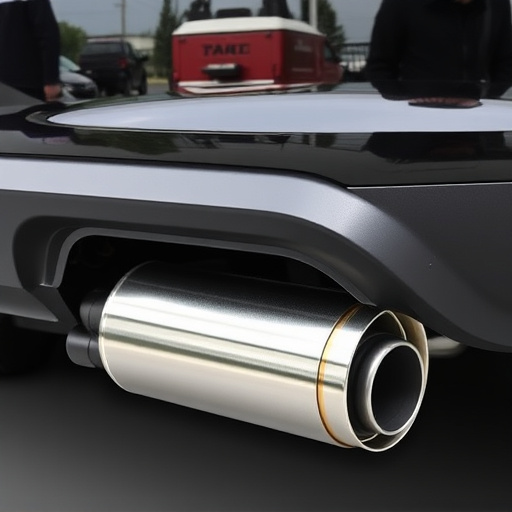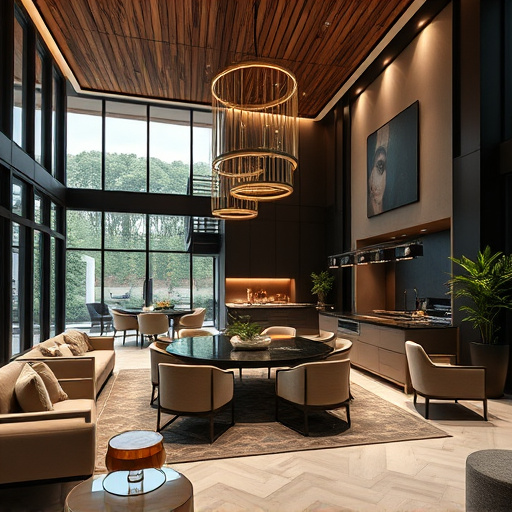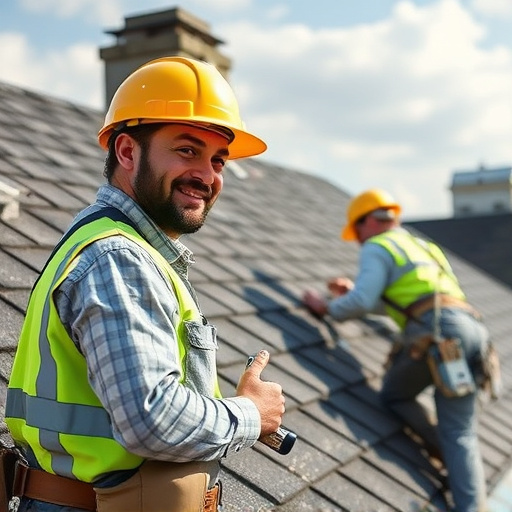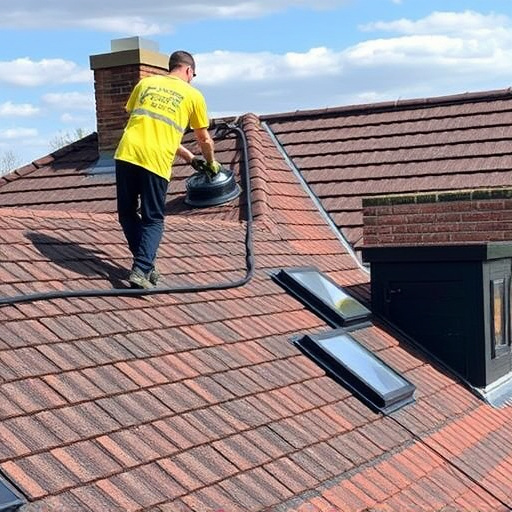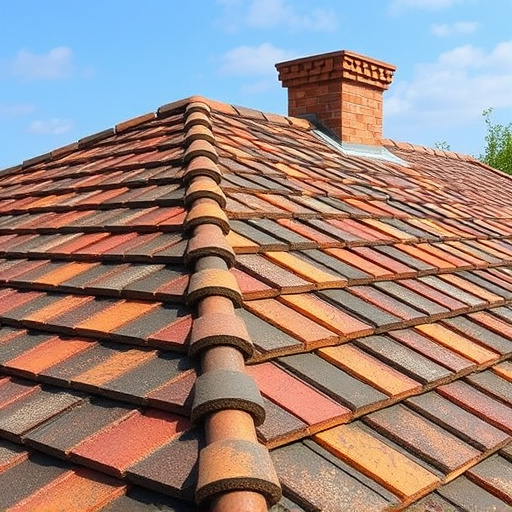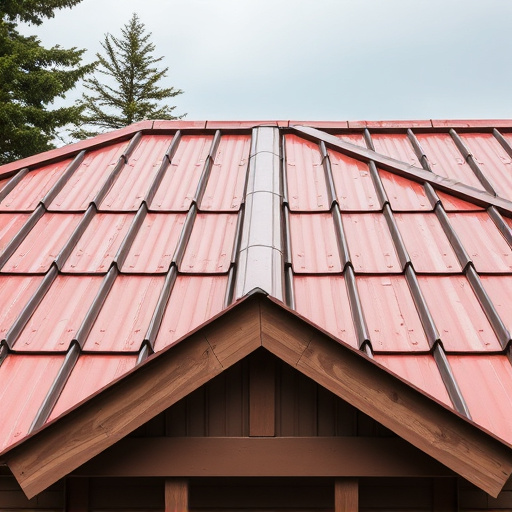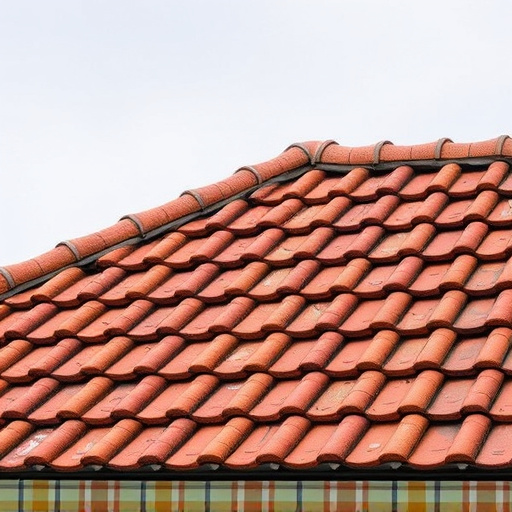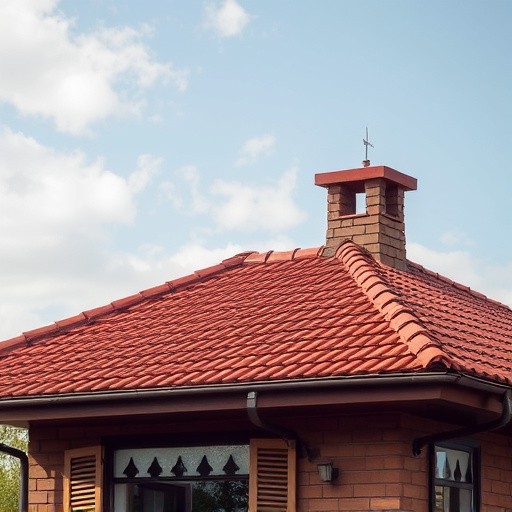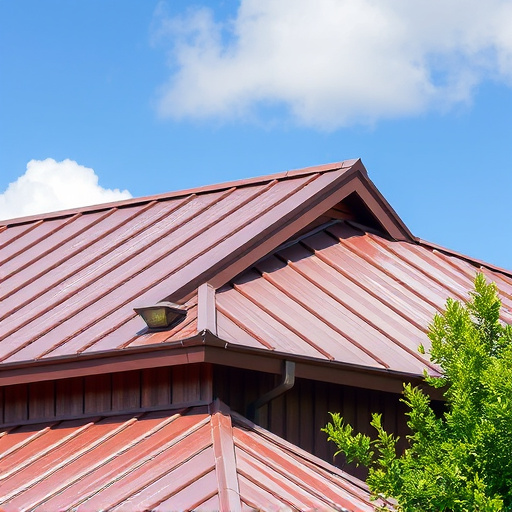Before commercial siding installation, understand local building codes for safety and legal compliance. Follow regulations on flame resistance, ventilation, moisture management, and electrical/plumbing practices. Choose weather-resistant, durable materials like stainless steel, aluminum, fiber cement, or vinyl, consulting professionals for optimal selection.
Before installing commercial siding, understanding local building codes is crucial. This comprehensive guide explores essential safety standards and regulations to ensure compliance. We delve into material considerations that promote longevity and durability in the face of varying weather conditions. Whether you’re a contractor or property owner, mastering these aspects will help navigate the process smoothly. From structural integrity to aesthetic appeal, this article covers all you need to know about commercial siding, making it a valuable resource for your next project.
- Understanding Local Building Codes for Commercial Siding
- Essential Safety Standards and Regulations to Follow
- Choosing Right: Material Considerations for Longevity
Understanding Local Building Codes for Commercial Siding
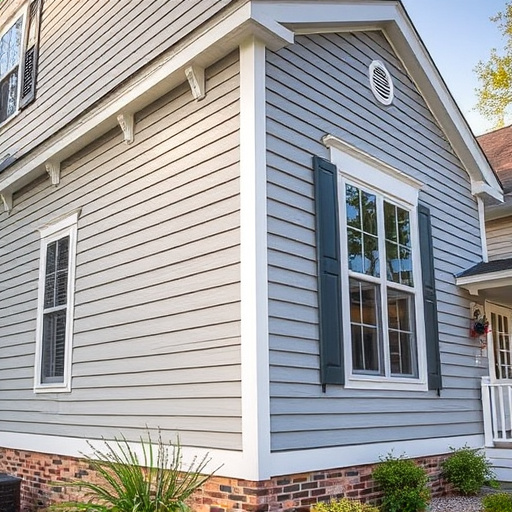
Before tackling any commercial siding installation project, it’s paramount to familiarize yourself with the local building codes. These regulations vary significantly from one municipality to another, even within the same state. Understanding and adhering to these guidelines is not just a legal requirement but ensures your project complies with safety standards. The last thing you want is to invest time and resources into installing high-quality commercial siding only to have it declared substandard and require costly retrofits.
A good place to start is by contacting your local building department or municipality’s planning office. They can provide you with the latest version of the building codes applicable to your area, specifically focusing on sections related to exterior cladding, including roofing and siding. This process will also help connect you with resources offering home service solutions for professional siding installation, ensuring both quality workmanship and compliance with all relevant regulations.
Essential Safety Standards and Regulations to Follow
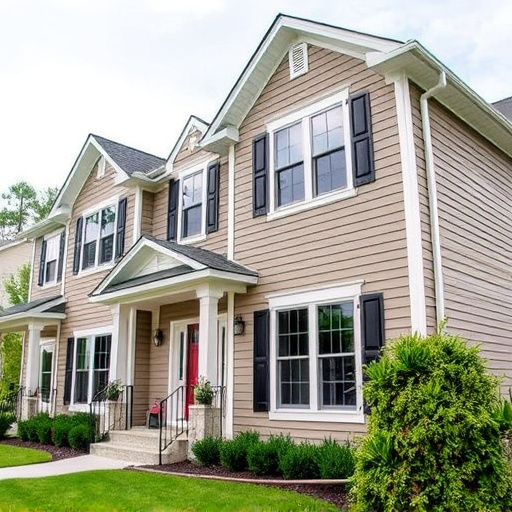
Before diving into installing commercial siding, it’s paramount to familiarize yourself with essential safety standards and regulations. These guidelines are designed to protect both the property and its occupants, ensuring a secure and durable structure. The primary focus should be on fire safety, as commercial siding often involves unique materials and configurations. Adhering to local building codes regarding flame resistance and heat transfer is crucial, especially in areas prone to wildfires. Moreover, proper ventilation and moisture management are vital aspects that directly impact both the longevity of the siding and indoor air quality.
In addition to fire safety and ventilation, electrical and plumbing regulations should be strictly followed during commercial siding installations. Ensuring safe wiring practices and up-to-code plumbing connections is essential for preventing accidents and costly repairs later. For instance, proper flashing around vents and drains prevents water infiltration, which can lead to roof damage and mold growth—a common issue in need of professional roofing services or siding repairs.
Choosing Right: Material Considerations for Longevity
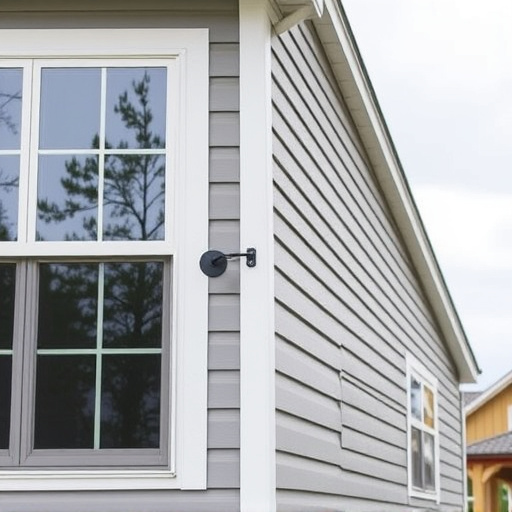
When considering commercial siding for your property, choosing the right material is paramount for longevity and return on investment. In addition to aesthetic appeal, materials should be durable enough to withstand extreme weather conditions, including high winds, heavy rain, and snow load. Stainless steel and aluminum sidings are popular choices for commercial applications due to their resistance to corrosion and impact damage.
Fiber cement siding also offers excellent durability, fire resistance, and low maintenance requirements. For a more sustainable option, consider vinyl siding, which is energy-efficient and requires minimal upkeep. When embarking on exterior home improvements like siding installation, consulting with professionals can help ensure you select the most suitable material for your specific needs and climate.
Before installing commercial siding, it’s crucial to understand local building codes, adhere to essential safety standards, and make informed material choices. By doing so, you ensure your project complies with regulations while achieving longevity and aesthetic appeal. Commercial siding is a significant investment, so taking the time to navigate these key aspects will pay off in the long run.


